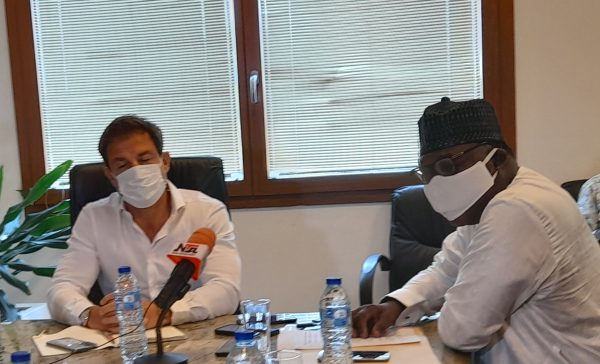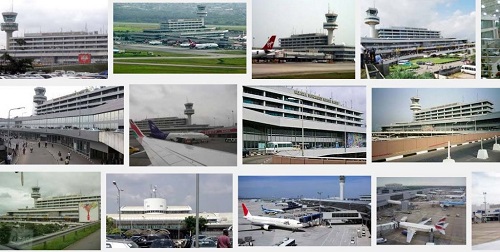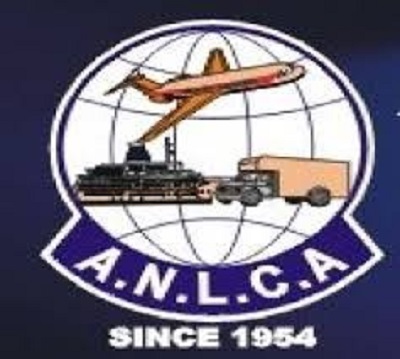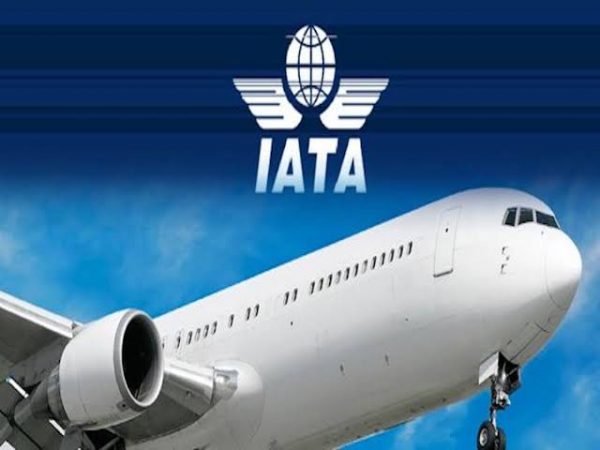Security Concerns Disrupting Cargo Operations – Shippers Council
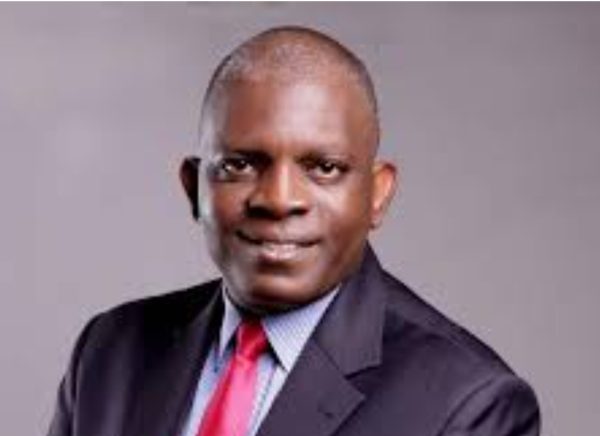
The Nigerian Shippers’ Council has raised alarm over persistent security challenges, including cargo theft and lawlessness, that continue to disrupt operations at Nigerian ports.
The Executive Secretary/Chief Executive Officer of NSC, Pius Akutah, made these remarks at the 2024 Annual Maritime Journalists’ Seminar in Lagos.
The seminar, themed “The Nigerian Shippers’ Council in Transition: Issues, Prospects, and Challenges,” was organised by First Mediacom Network Limited in collaboration with the NSC.
Represented by Mustapha Zubairu, Director of Special Duties at the NSC, Akutah highlighted that security risks such as piracy, theft, and general lawlessness were still rampant at the nation’s ports, resulting in operational delays and increased shipping costs.
“Security challenges, including cargo theft, piracy, and general lawlessness, continue to plague Nigerian ports. These risks hinder port operations and raise the cost of doing business,” Akutah stated.
He also noted that the NSC’s regulatory role, formalized in 2015, requires legislative support.
Akutah further expressed concern over inadequate port infrastructure, pointing to outdated cargo handling equipment, poor road networks, and insufficient storage facilities.
He explained that while the NSC regulates economic activities, it has limited control over the physical infrastructure, which falls under other government agencies.
“The NSC’s ability to drive reforms and enhance port operations is constrained by broader infrastructural deficiencies,” Akutah added.
In discussing the need for better coordination among key port stakeholders including the Nigerian Ports Authority, Nigeria Customs Service, terminal operators, and shipping companies, Akutah lamented the lack of effective collaboration.
He added that this disjointed approach has led to inefficiencies, conflicting policies, and a fragmented regulatory environment.
The ES stressed the importance of improved communication and cooperation among all port stakeholders to ensure more streamlined operations.
Akutah also pointed out the challenge of balancing tariff structures and pricing at the ports stressing that while the NSC oversees tariff regulation, it faces difficulties in balancing the competing interests of port operators, shippers, and government entities, all while striving to keep the ports competitive.
“Reducing costs for importers and exporters, while ensuring sustainable revenue for port authorities, are a delicate balancing act,” Akutah explained.
Despite efforts to streamline port operations, the NSC continues to grapple with congestion and inefficiency at Nigerian ports.
Though not directly responsible for traffic management, the NSC is focused on improving port competitiveness by addressing issues like delays, demurrage charges, and congestion-related inefficiencies.
“The NSC is working closely with terminal operators and other agencies to mitigate these challenges,” Akutah stated.
The NSC also faces difficulties in promoting digitalization within port operations.
According to Akutah, the adoption of modern technology is still low, hindering both operational efficiency and transparency. Challenges such as poor internet infrastructure, resistance to change from stakeholders, and a lack of skilled personnel in technology sectors have slowed progress.
“Corruption among port officials and other stakeholders, including illegal fees and bribery, also complicates the NSC’s regulatory functions and undermines reform efforts,” Akutah added.
In his address, the convener of the seminar and CEO of First Mediacom Network Ltd, Sesan Onileimo, explained that the event’s theme was designed to give maritime journalists and content creators insights into the NSC’s evolving role, particularly in light of the proposed Nigerian Shipping and Port Economic Regulatory Agency Bill 2023, which is nearing enactment.
Onileimo highlighted that the Annual Maritime Journalists’ Seminar had become a key performance indicator for the NSC and a valuable opportunity for the media to engage with the emerging changes within the organization.
The CEO of the Centre for the Promotion of Private Enterprise, Dr Muda Yusuf, echoed Akutah’s concerns, calling for urgent regulatory reforms to protect consumers, attract investment, and position the maritime sector as a major driver of Nigeria’s economic growth.
Yusuf criticized policies such as high import duties and fluctuating exchange rates, which he argued deter investment and lead to cargo diversion to neighboring ports, resulting in job losses and revenue decline.
He also pointed out the underrepresentation of the maritime sector in Nigeria’s GDP, which he said is often reported as a mere 0.05 per cent, despite its significant potential. Yusuf urged maritime journalists to advocate for the sector, stressing its untapped ability to drive economic transformation.




